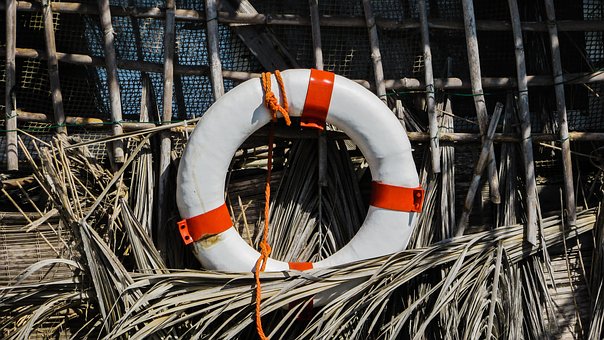When you’re investing in a new rental property, or upgrading one that already has tenants, pools are a tempting addition. They make a living space a great deal more attractive, especially for families, and justify a bit of a premium in return for your investment.
As happy as pools make tenants, and as much as they make sense from a financial point of view, they can turn into a bit of a nightmare if you’re not prepared for the legal and maintenance requirements. Depending on your state, pools are governed by some rather strict safety standards, and you’ll need to protect yourself from taking on additional liability.
Installing Safety Measures is the Landlord’s Responsibility
Many of the safety measures surrounding pools are designed to protect the children of tenants, but it’s important to remember that your liability could extend to non-residents who manage to sneak onto the property to use the pool. The greatest risk comes from other children in the neighborhood clambering over or squeezing through barriers.
The first two responsibilities you’ll need to consider are fencing and signage. These are the most important protections for both residents and you. Well-maintained physical barriers will go a long way to keeping children safe, and, when combined with clear signage, will help prove that you’ve done your due diligence if any accidents do occur.
Generally, fences are required to be gap-free. A common rule among state laws refers to no gaps that could allow a 4 inch sphere to pass through. The fence must not be climbable, and there are generally regulations about height of both the fence and gate latches from the ground, designed to prevent children from reaching anything they shouldn’t.
Federal laws require drain covers, and you’ll find that almost all states require self-latching closure mechanisms on gates.
On the Kings III blog, you can find a list of pool safety and regulatory resources for landlords.
A Well-Protected, Well-Maintained Pool Is Good for Everyone
A commitment to preventing drowning and pool-related accidents isn’t just good legal and financial sense, it demonstrates your trustworthiness to tenants. Taking safety and maintenance seriously is a commitment to the families that live on your property, and the rewards go beyond reducing liability.
A well-fenced pool prevents unauthorized access which will reduce not only the potential for accidents but for vandalism and damage caused by reckless behavior as well. Installing a cover and keeping filters maintained helps with the quality of the water reduces blockages and helps the pipes and equipment last longer.
None of this should discouraging you from taking the plunge and adding a pool to your list of property assets. But it’s going to require some research right off the bat. If you’re purchasing a property that has one already, you’re going to want to inspect the pool carefully and compare your observations to state and federal requirements. If they don’t match up, you may want to re-negotiate your purchase. And if you’re building a pool from scratch as an upgrade, make sure your contractors are savvy with all of those requirements yourself.
Ultimately, the buck stops with you when it comes to pool safety. So take some extra steps to protect your tenants and yourself. Once you’ve done that, you can be confident in your property and the value it adds to the families living there.
